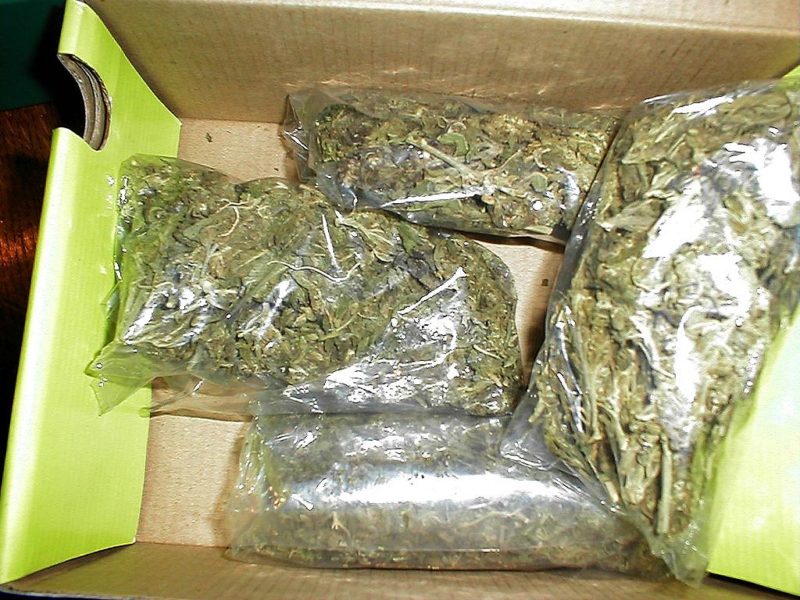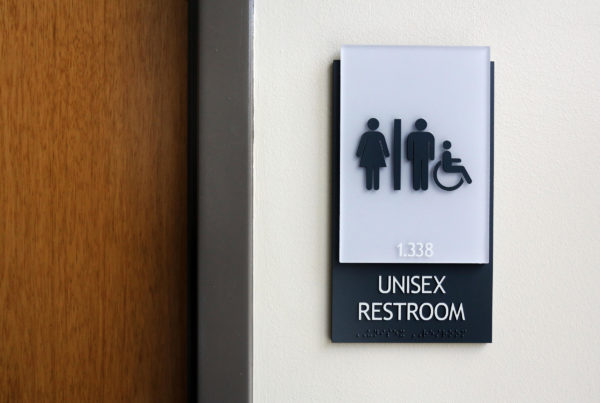The Trump administration has signaled that a new war is coming, and it’s a bit of a flashback: it’s a war on drugs.
During a press conference last week, White House Press Secretary Sean Spicer said the administration plans to crack down on the use of recreational marijuana – particularly targeting states that have legalized such use, including Colorado and California.
But, given that local law enforcement is responsible for enforcing these laws, it’s unclear what federal pushback against pot might look like. Frank Snyder, a professor at the Texas A&M School of Law, says this is particularly confusing for people who live in states where recreational marijuana is now legal. He says many people don’t know that pot is still illegal under federal law.
Snyder says that though federal law trumps state laws from a Constitutional standpoint states do have a legal right to choose which laws they’re going to enforce because there is no federal police force.
“The states can say ‘we have no obligation to enforce federal law,’ but the feds still can,” says Synder. “Historically, there was a demarcation between the federal justice department and the states where the feds would go after high level drug distributors and local enforcement would be up to the states.”
But because local police agencies do receive substantial federal grant dollars, Snyder says the federal government may able to apply leverage with noncompliant law enforcement agencies.
“The federal government has no constitutional authority to compel state law enforcement to do anything. However, over the last 30 or 40 years there has been a growing sharing of public money and resources for local police departments,” Snyder says. “Step one, if you wanted to begin compelling the states to step into line from a federal perspective, would be simply saying ‘you’re not gonna get any more law enforcement grants.’ “
Snyder says this situation would be similar to threats from the federal government to defund law enforcement agencies that consider themselves to be ‘sanctuary cities.’ If the U.S. government tries to enforce federal marijuana laws in states where it’s legalized, Snyder says they could expect an onslaught of lawsuits reminiscent of those filed after it tried to penalize sanctuary cities.
The difference between these two situations, Snyder says, is that argument that the federal government may be overstepping its bounds is stronger when it comes to immigration laws.
“It’s harder to argue that there’s a problem than it is when states historically have had no role in border enforcement or enforcing immigration laws,” Snyder says. “Now It’s not a terrible argument that the feds should not be able to compel an enforcement of marijuana laws, but it’s a longer shot. But there will be a raft of lawsuits without doubt.”
Written by Morgan O’Hanlon.
















